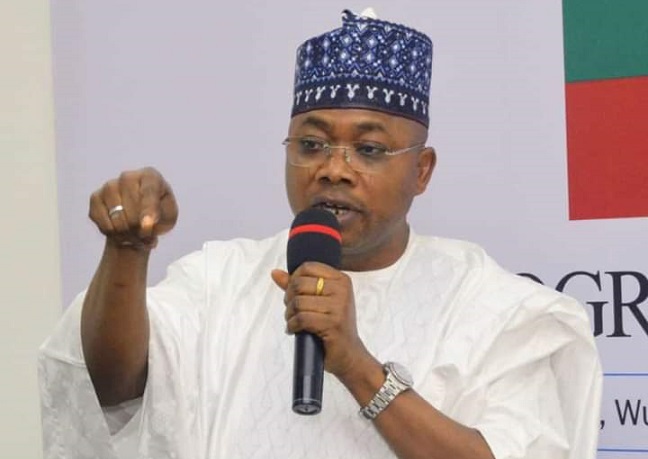The Nigerian National Petroleum Company Limited has confirmed that it owes suppliers of premium motor spirit commonly known as petrol.
This was disclosed in a statement by NNPC Chief Corporate Communications Officer, Olufemi Soneye via the company’s official X handle on Sunday.
In the statement, the company disclosed that the financial strain from high petrol supply costs is impacting NNPC’s ability to maintain a steady supply of PMS.
The admission follows reports in several Nigerian newspapers earlier today, which highlighted that the ongoing petrol scarcity, plaguing many parts of the country since May, has been exacerbated by a $6 billion debt owed by NNPC to suppliers.
The shortage has been a persistent issue, with the Petroleum and Natural Gas Senior Staff Association of Nigeria attributing it to contractual issues between mother and daughter vessels.
In July, NNPC cited flooding, adverse weather conditions, and operational delays in the discharge of several vessels as contributing factors.
NNPC’s recent acknowledgment of its debt underscores the severity of the situation, with the company warning that the financial strain poses a significant threat to the continued supply of petrol.
The national oil company stated “NNPC Ltd. has acknowledged recent reports in national newspapers regarding the company’s significant debt to petrol suppliers.
“This financial strain has placed considerable pressure on the Company and poses a threat to the sustainability of fuel supply.
“In line with the Petroleum Industry Act (PIA), NNPC Ltd. remains dedicated to its role as the supplier of last resort, ensuring national energy security.
“We are actively collaborating with relevant government agencies and other stakeholders to maintain a consistent supply of petroleum products nationwide.”
Recall on August 2, the Minister of State for Petroleum Resources (Oil), Heineken Lokpobiri
revealed that the Nigerian National Petroleum Company has been selling petrol below its landing cost.
According to Lokpobiri, this pricing strategy is inadvertently encouraging the smuggling of petrol to neighboring countries, further complicating the fuel supply challenges facing Nigeria.









